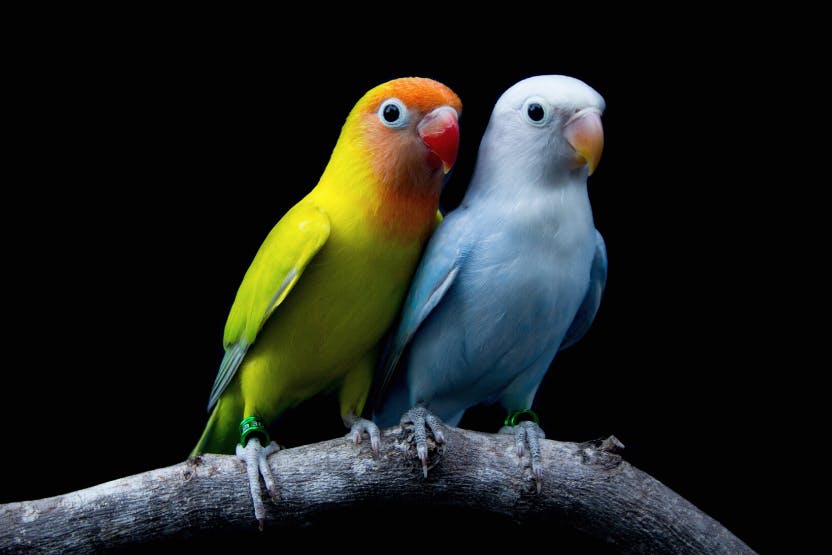Pet birds are wonderful companions. They fill our lives with joy and color. But, like any pet, they need proper care to stay healthy. In this article, we will discuss some tips to prevent common health issues in pet birds.
1. Provide a Balanced Diet
A balanced diet is crucial for a bird’s health. Birds need a mix of seeds, fruits, and vegetables. Here is a simple guide:
| Food Type | Examples | Percentage of Diet |
|---|---|---|
| Seeds | Sunflower, Millet | 30% |
| Fruits | Apples, Bananas | 20% |
| Vegetables | Carrots, Spinach | 30% |
| Pellets | Commercial Bird Pellets | 20% |

Credit: www.helpguide.org
2. Clean Water Supply
Always provide clean, fresh water. Change the water daily. Dirty water can make birds sick. Use a water dish that is easy to clean.
3. Regular Veterinary Check-ups
Take your bird to the vet regularly. A vet can spot problems early. Early treatment can save your bird’s life. Schedule check-ups at least once a year.
4. Clean Cage Environment
A clean cage is vital for bird health. Clean the cage weekly. Remove droppings and old food. Use bird-safe cleaning products. Dirty cages can harbor bacteria and mold.
5. Provide Mental Stimulation
Birds need mental stimulation. Provide toys and activities. Change toys regularly. This keeps them happy and reduces stress.
6. Ensure Proper Lighting
Birds need natural light. Place the cage near a window. Avoid direct sunlight. Natural light helps birds produce vitamin D. Vitamin D is essential for strong bones.
7. Maintain Proper Humidity
Birds need the right humidity. Use a humidifier if needed. Ideal humidity is between 40% and 60%. Low humidity can cause respiratory problems.
8. Proper Temperature
Keep the cage at a stable temperature. Avoid drafts and sudden changes. Ideal temperature is between 65°F and 75°F. Extreme temperatures can stress birds.
9. Avoid Toxins
Birds are sensitive to toxins. Keep them away from smoke and chemicals. Avoid using non-stick cookware. Non-stick coatings release fumes that can harm birds.
10. Social Interaction
Birds are social animals. Spend time with your bird every day. Talk to them and play with them. Social interaction keeps them happy and healthy.

Credit: wagwalking.com
11. Watch for Signs of Illness
Know the signs of illness in birds. Common signs include:
- Fluffed feathers
- Loss of appetite
- Change in droppings
- Breathing problems
If you see any of these signs, visit the vet right away.
Frequently Asked Questions
How To Keep Pet Birds Healthy?
Ensure a balanced diet, clean environment, and regular vet check-ups.
What Are Signs Of A Sick Bird?
Look for lethargy, unusual droppings, and changes in appetite.
How Often Should Bird Cages Be Cleaned?
Clean bird cages daily to maintain hygiene.
What Foods Are Safe For Pet Birds?
Safe foods include fruits, vegetables, and formulated bird pellets.
Conclusion
Taking care of a pet bird requires effort. But it’s worth it. Follow these tips to keep your bird healthy and happy. Remember, a healthy bird is a happy bird!











